How to Save Money with Home Solar Panels
There are several reasons why people install solar panels on their homes. According to Solstice, around 58% of homeowners who have installed solar panels on their homes list the fact that solar energy is clean and does not contribute to climate change. Apart from that, there is a lot of information on how solar panels can help you save money. However, this leaves some homeowners confused, considering how costly solar panels are to install. So how exactly can solar panels help you to save money? Here's how you can save money by installing solar panels in your home.
Reduced or Zero Electric Costs
This is probably one of the most obvious ways to save money with solar. Electricity bills can be quite expensive. Fortunately, the moment you install solar, your electric bill will become significantly lower, or even nonexistent. This is what makes solar so attractive for most homeowners.
Electricity bills go up each year. Once you install
home solar panels, you will be shielded from the effects of these increases. The more these bills go up, the more money you save by having solar on your home. This is because solar makes your electricity bill consistent.
It might seem like you are not saving a lot on electricity bills when you install solar panels. Well, after all, all you need to pay for electricity is $50 or $100. This doesn't seem like much when you are making payments each month. However, these bills will quickly add up when you look at a ten-year period, or even thirty years.
You Can Sell the Electricity You Generate
Did you know that installing solar on your home basically turns your home into an electricity-generating plant? Depending on where you stay and the type of solar system you have, you can even sell solar power back into the grid. This is done through a process known as net metering. Net metering enables you to use the power you put into the grid to offset your electricity cost when there is less solar energy generation.
There are seasons when the power you generate with your solar panels is way more than the power you use in your home. During these months, your extra electricity will not go to waste. Instead, it will go back into the grid, where it will be distributed to other homes. During seasons like winter, when you are not generating a lot of electricity through solar, the extra energy that you contributed to the grid will then be given to you as credits that you can use to pay your increased winter bills.
Solar Protects You From Expensive Electricity Pricing Schemes
A lot of utility companies in the United States work with pricing schemes that enable homeowners to be charged using different rates at different times during the day. This is done to mimic the exact cost of energy generation at different times of the day. For instance, you may be charged higher rates in the afternoon and lower rates at night. Installing home solar panels can be quite beneficial if you are in an area where these time-varying rates are used. The solar energy that you produce during the afternoon will offset the most costly electricity.
The extent to which this is beneficial will depend on the exact timing and degree of rate changes under such plans. Similarly, some utility companies have rates that vary seasonally due to demand fluctuations. Companies that charge higher rates during the summer months make solar more valuable.
Home Solar Panels Boost Home Value
Did you know that installing solar panels on your home increases its value? For instance, a home in a state like California will be worth more the moment you install home solar panels. Therefore, if you are looking to buy a home that has solar installed, you should expect to pay more than what people are paying for non-solar homes. This is because such a home will give you a lot of energy savings, tax credits, and rebate programs.
According to the U.S. Department of Energy's Lawrence Berkeley Laboratory, home solar panels generally add about $15,000 to a home's value. This makes installing solar a great way to save money and increase the value of your home.
These are some of the ways you can save money with solar. If you are looking to add some home solar panels to your home, get in touch with us today.
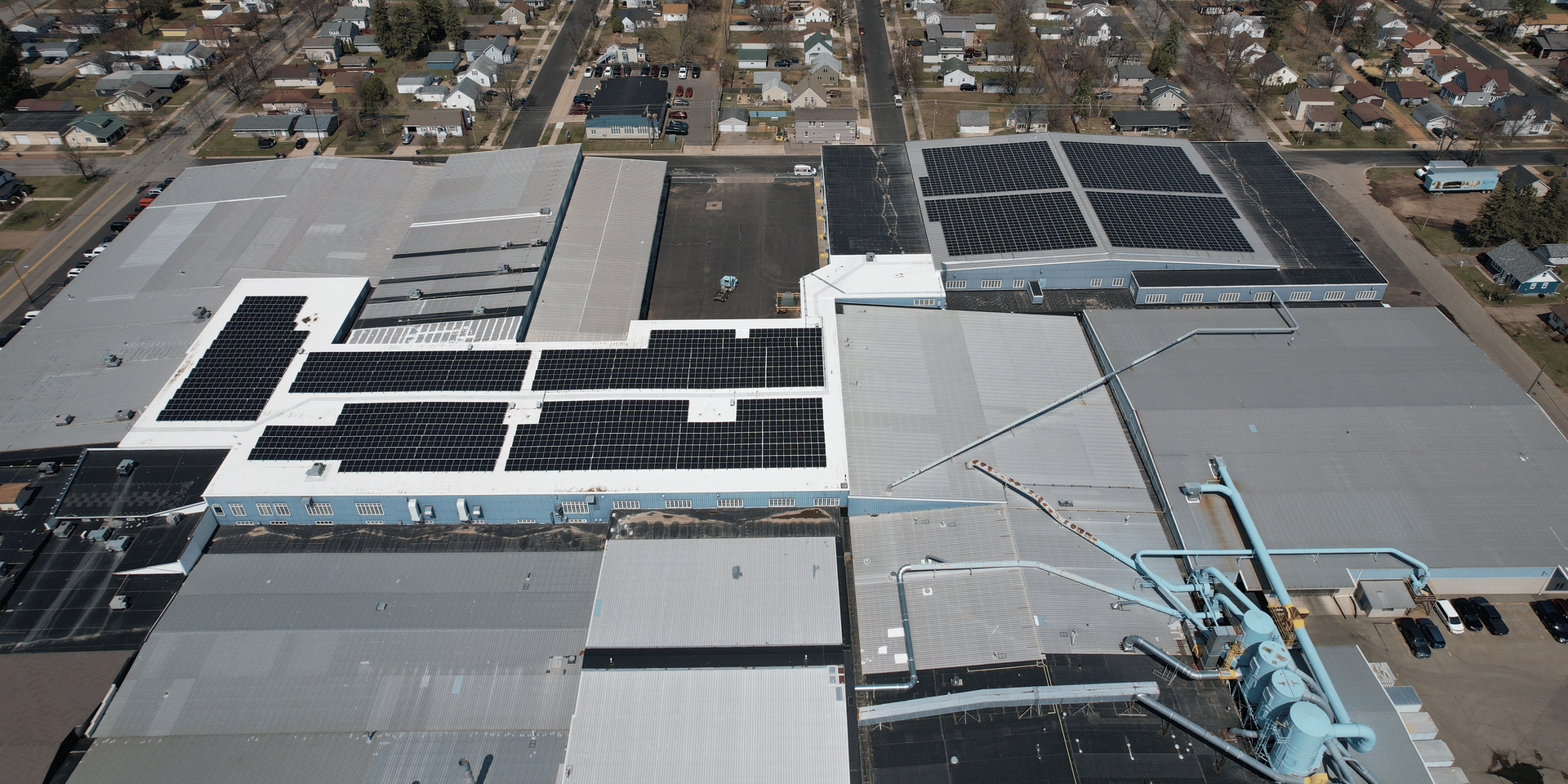


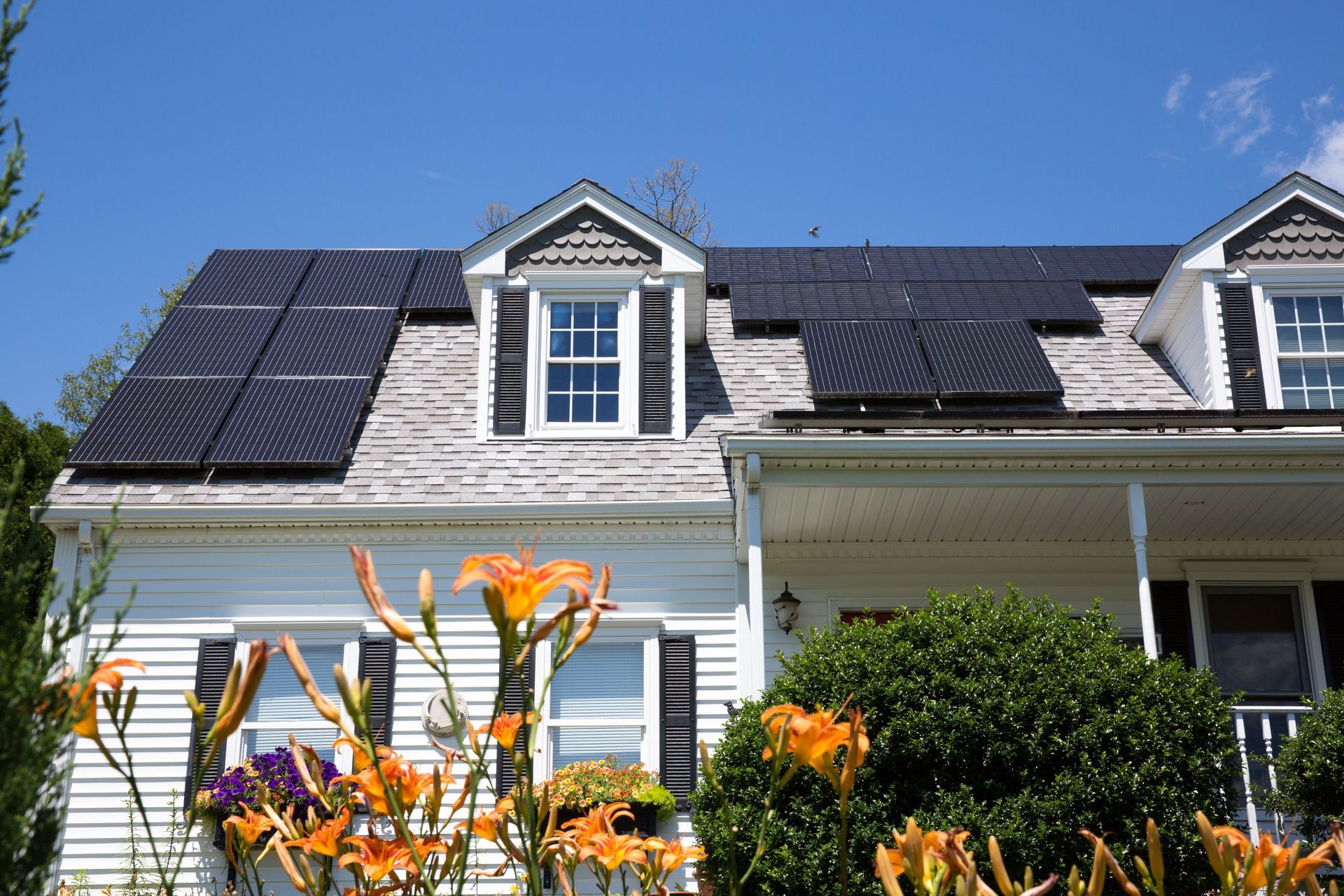

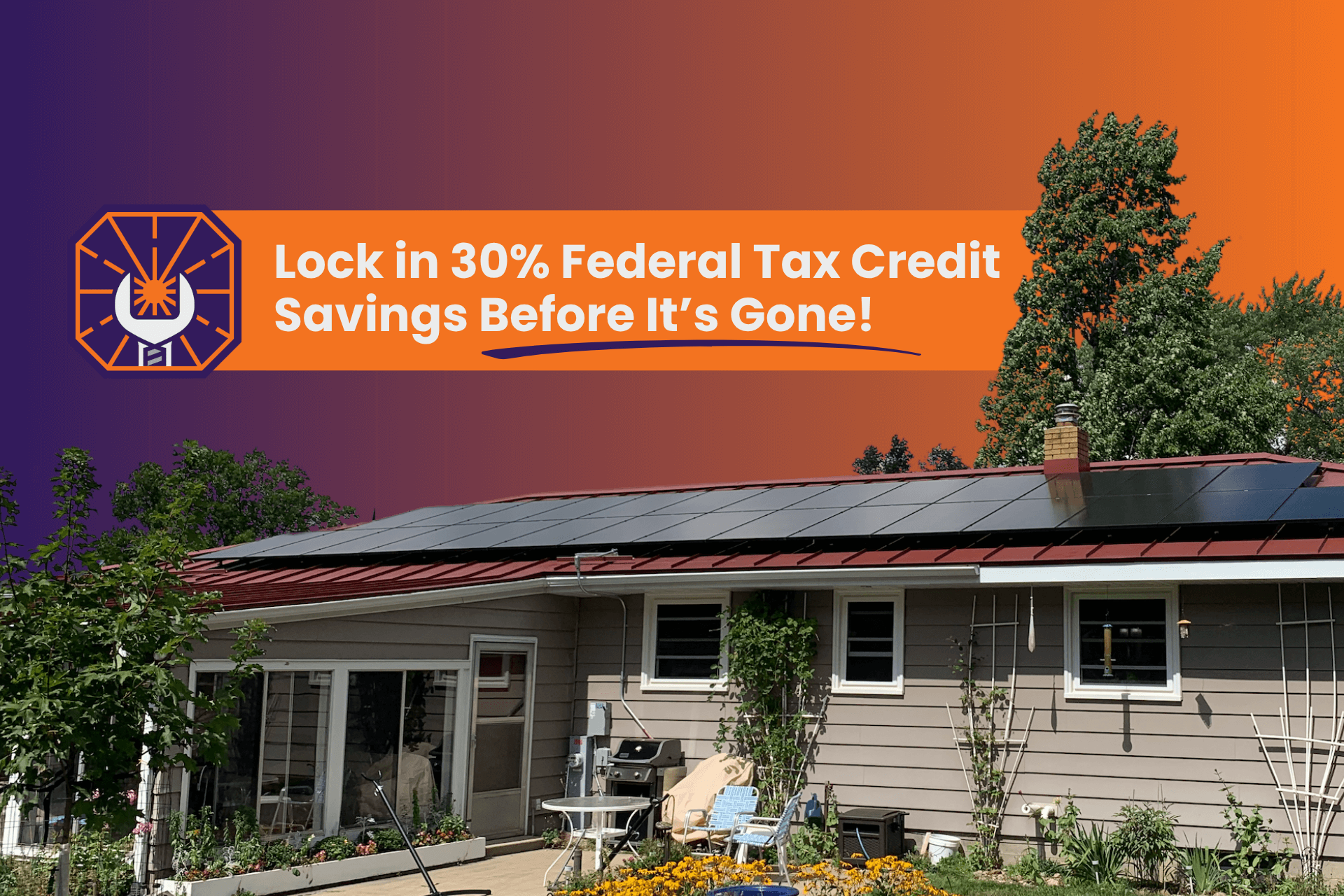
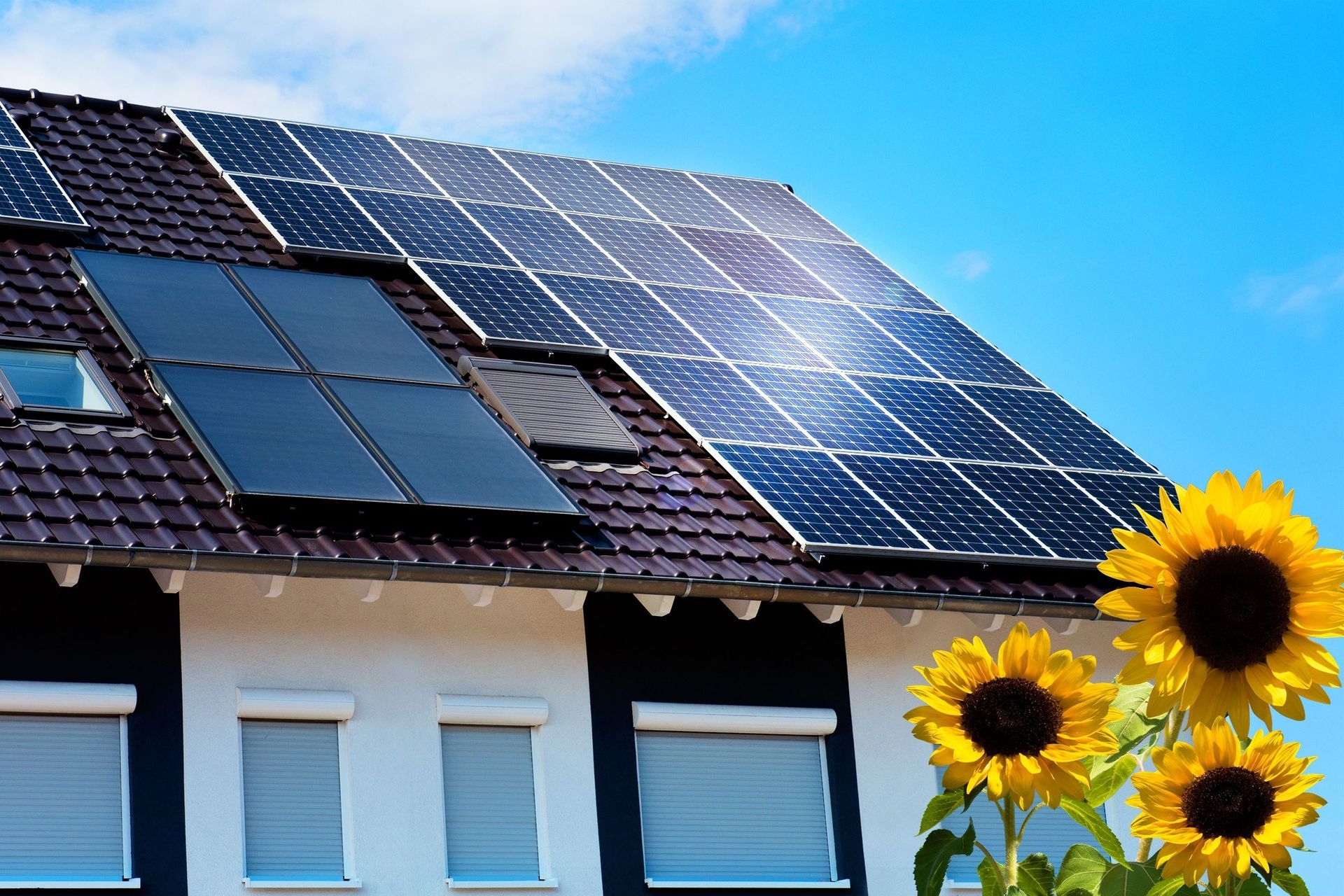
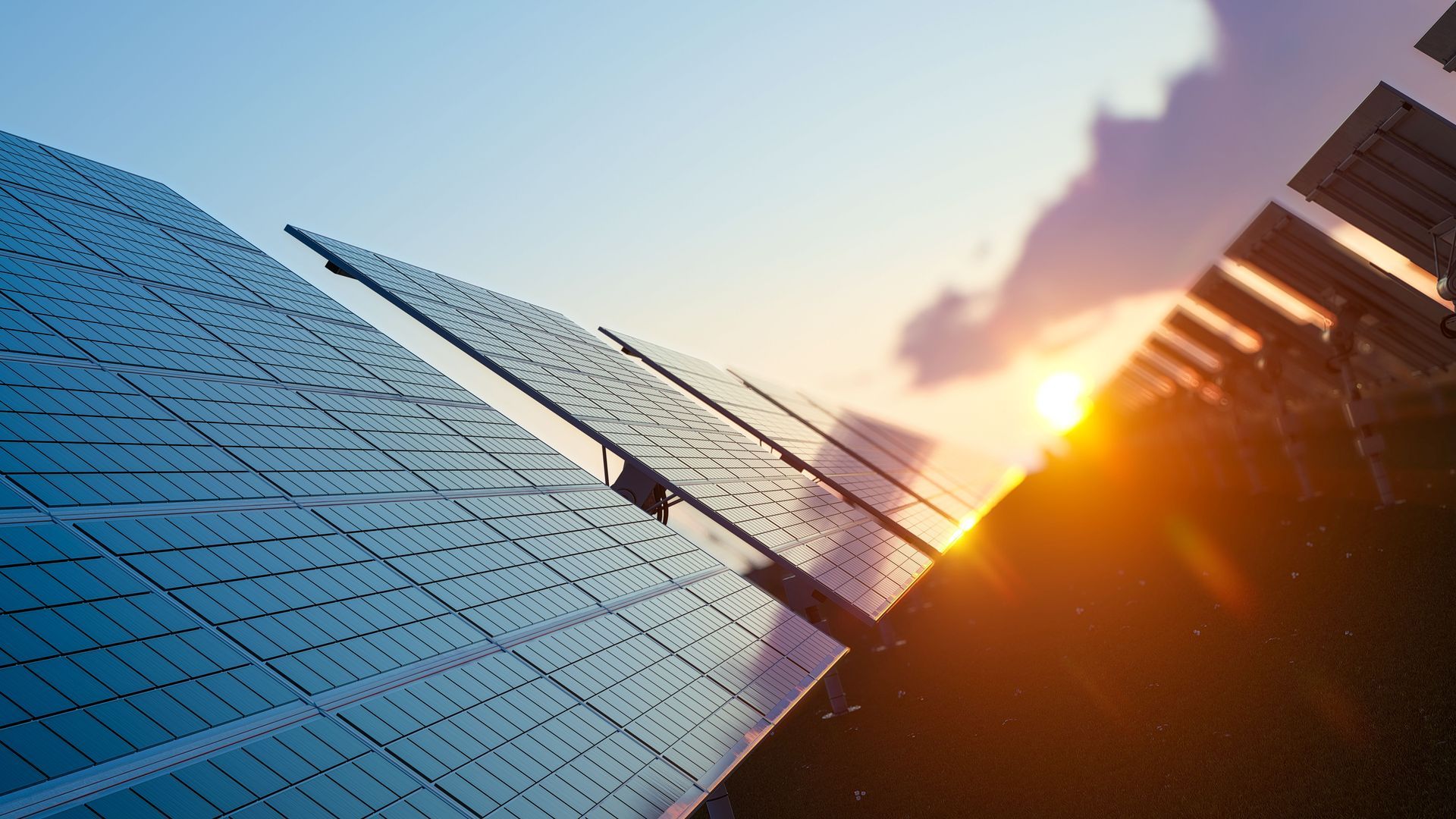
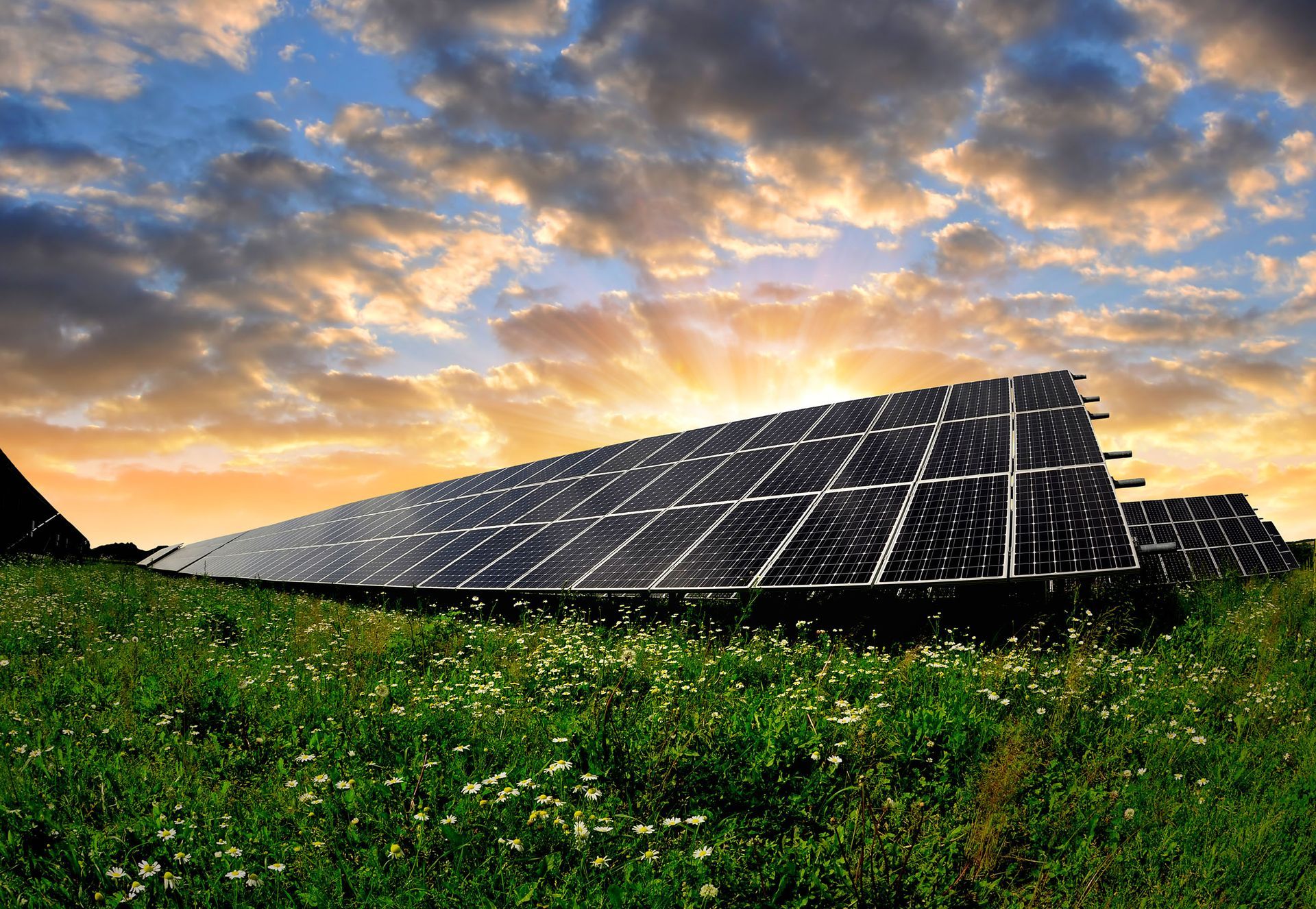
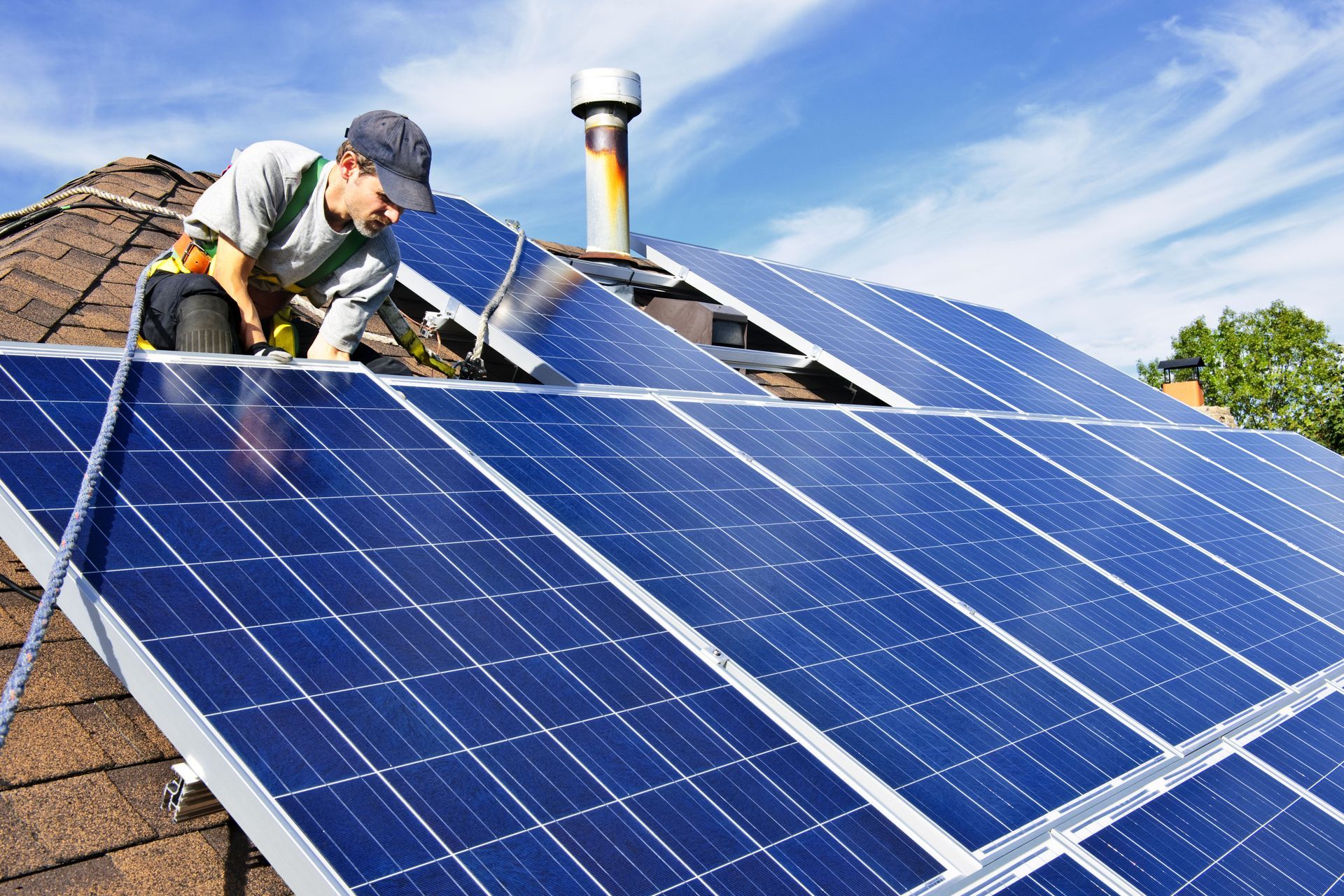
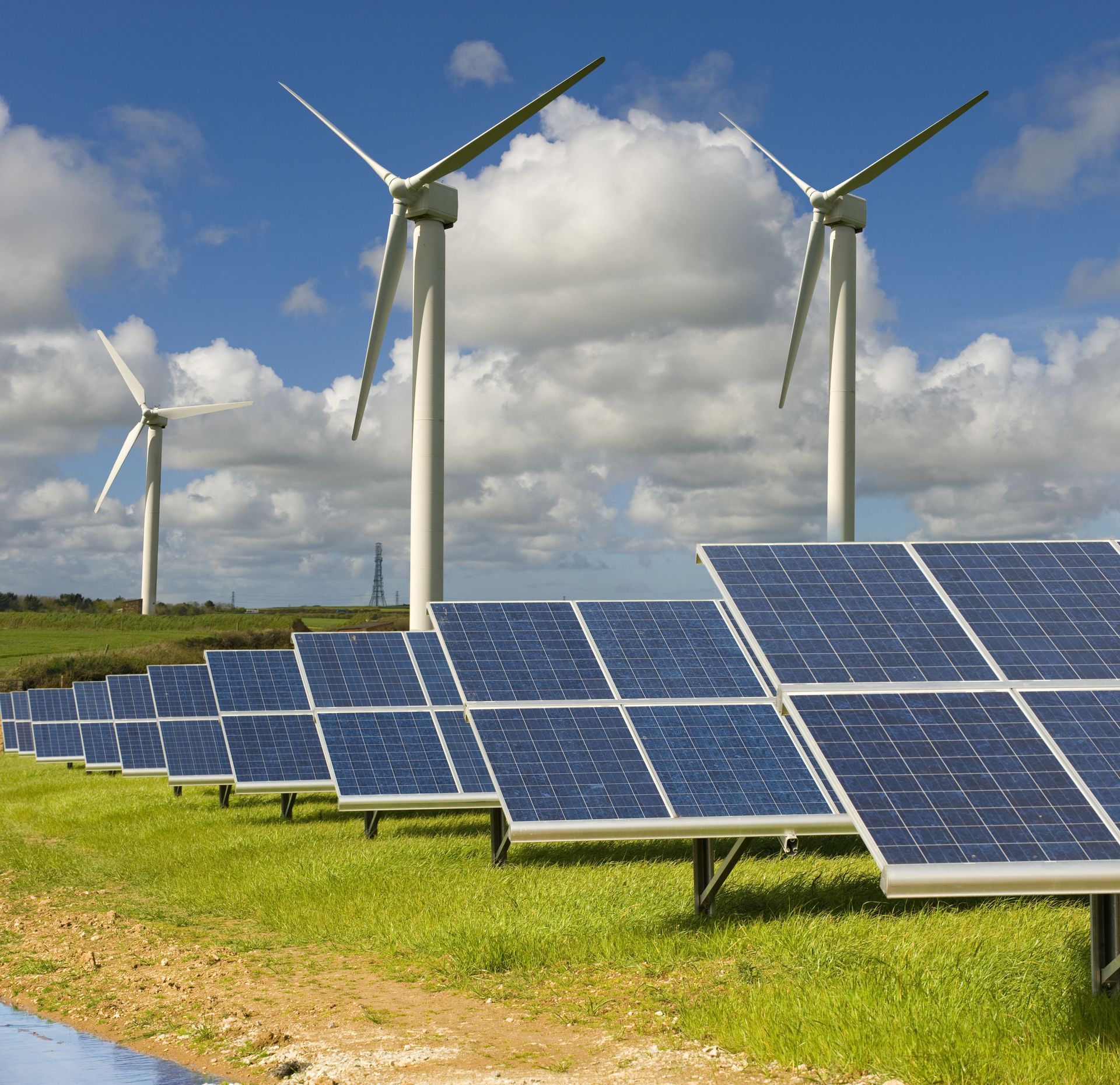
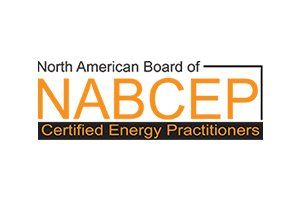













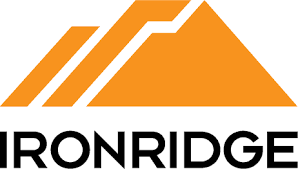
Share On: